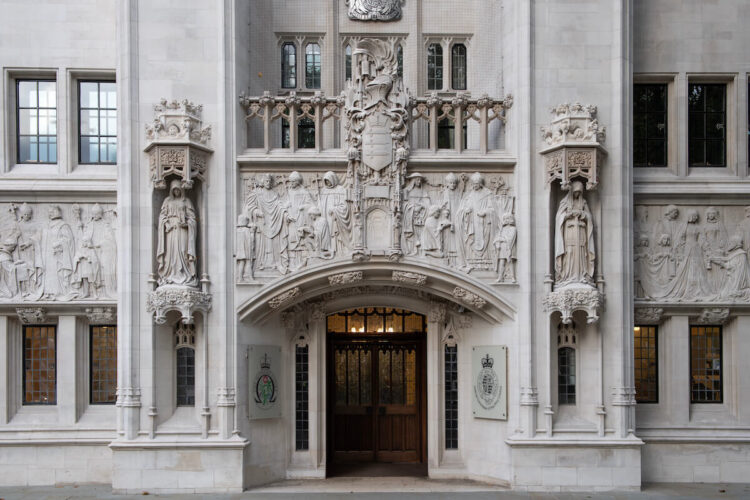Argentina has lost its bid at the UK Supreme Court to overturn a ruling that mandates the South American nation to pay $1.5 billion in damages to holders of growth-linked bonds. The decision, issued on Monday, comes as a major blow to Argentina’s already strained financial position, further intensifying pressure on its dwindling foreign currency reserves.
The case centers around claims from hedge funds, including Palladian Partners LP, which argued that Argentina’s previous government altered the calculation of the country’s gross domestic product (GDP), leading to losses for bondholders. These bonds are tied to Argentina’s economic growth, meaning the payout is higher when GDP rises. The hedge funds contended that a change in the GDP formula deprived them of significant payments.
By rejecting the appeal, the UK Supreme Court has effectively upheld earlier rulings, giving Argentina 45 days to settle with the bondholders. Should the country fail to comply within this period, it could face enforcement action, with the immediate loss of $334 million already held by UK authorities.
Aidan O’Rourke, a partner at Quinn Emanuel representing the hedge funds, commented, “During the course of this case, Argentina has repeatedly stated that if a final decision is made in favor of the warrant holders, the funds would have to be found. That time has now come.”
The timing of this ruling could not be worse for Argentina, which is already navigating through one of its most challenging economic periods in decades. According to data compiled by Bloomberg, the administration of President Javier Milei faces a daunting $9.45 billion in hard-currency bond payments due in 2025. While many Wall Street analysts believe Argentina is willing to meet its obligations, the availability of funds remains a serious concern.
In an effort to secure liquidity, Finance Secretary Pablo Quirno recently disclosed that Argentina’s monetary authorities are working on a repurchase loan agreement (repo) to help ease the financial burden ahead of the next significant debt payment due in January 2024. However, the latest court decision adds further complexity to the government’s efforts to stabilize its finances.
Legal representatives for Argentina declined to comment on the Supreme Court’s decision, while the Milei administration has not yet issued a formal statement.
This ruling is a stark reminder of the challenges Argentina faces in managing its debt and may prompt increased scrutiny of the government’s financial strategy. With growing pressure from creditors and a shrinking buffer of foreign reserves, the Milei administration’s ability to guide Argentina through these turbulent financial waters will be closely watched both domestically and internationally.
















